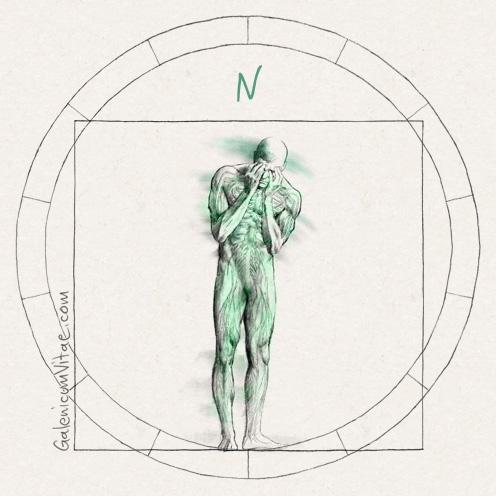Anxiety or distress is a normal feeling or emotional state that appears in the face of certain life experiences; it is a common response to various daily stressful situations.
A certain degree of anxiety may even be desirable for handling the normal demands of everyday life. It is only when it exceeds a certain level of intensity or exceeds the individual’s ability to adapt that the anxiety becomes pathological, causing significant discomfort with symptoms that affect the person physically as well as psychologically and behaviourally.
Talking about it can help. Try talking to a friend or relative who will listen. Trust a clinician as he will guide you through specific techniques for controlling anxiety and stress, problem solving and decision making. Sometimes taking care of your diet, resting, getting some exercise, organizing your time, etc. can be helpful.
Talking to people with similar problems can be easier because they understand what is happening and can suggest ways to cope. These groups may focus on anxiety and phobias or other problems. There are women's groups, bereaved parents groups, survivors of abuse groups, etc.
Psychological treatments:
Psychotherapy: This is a more intensive “talking treatment” than can help you understand and control your anxiety. The treatment can be carried out in groups or individually, and is usually weekly and lasts several weeks or months. In general, cognitive behavioural therapy (CBT) is recommended, although there are other types of therapies that may be clinically useful.
Psychopharmacological treatments (should only be done under medical prescription!).
Tranquilisers (anxiolytics): benzodiazepines (including Diazepam and most sleeping pills) are effective, but also quite addictive, even if only used for a period of four weeks. They are taken for periods of two weeks or less.
Antidepressants work well for anxiety. However, they do usually take two to four weeks to have an effect and some can cause nausea, drowsiness, dizziness, dry mouth and constipation.
For more information visit:
What are Anxiety Disorders?
http://www.nimh.nih.gov/health/topics/anxiety-disorders/index.shtml

 Digestive
Digestive  Blood
Blood Cardiovascular
Cardiovascular Dermatology
Dermatology Genitourinary,
Genitourinary, Hormones
Hormones Infections
Infections Oncology and
Oncology and Musculo-skeletal
Musculo-skeletal Mental health and
Mental health and Parasites
Parasites Respiratory
Respiratory Senses
Senses Various
Various




